The Inter-university Institute for Data Intensive Astronomy is a partnership of three South African universities, the University of Cape Town, University of the Western Cape and University of Pretoria.
The overarching goal of IDIA is to build within the South African university research community the capacity and expertise in data intensive research to enable global leadership on MeerKAT large survey science projects and large projects on other SKA pathfinder telescopes.
Image: SARAO
Press Release! MeerKAT discovers record-breaking cosmic laser halfway across the universe
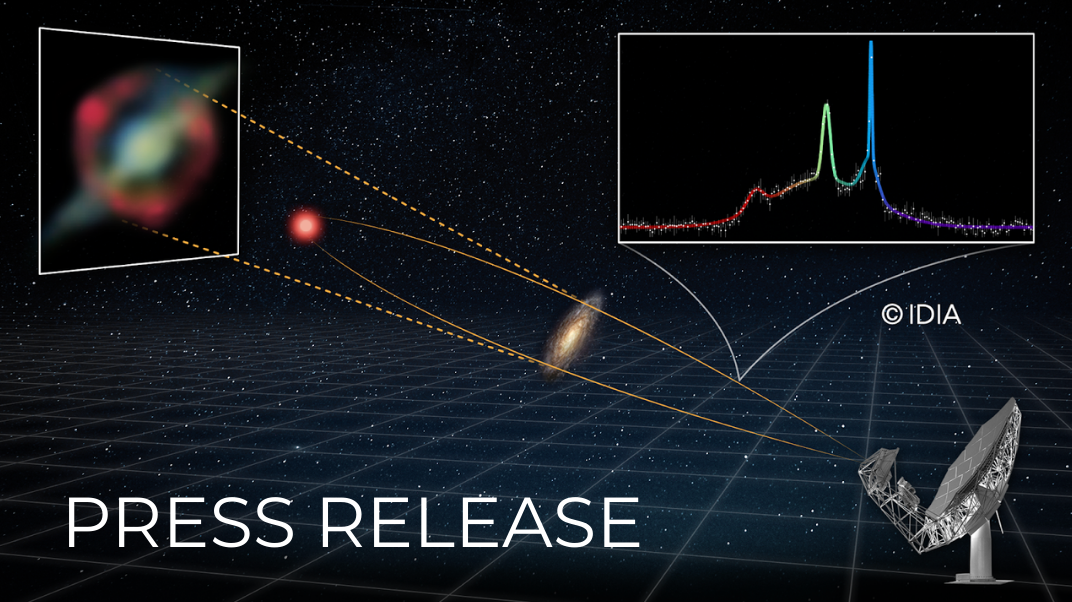
UP/IDIA researchers open a new frontier enabled by MeerKAT and IDIA’s advanced compute infrastructure and support Astronomers using the MeerKAT radio telescope in South Africa have discovered the most distant hydroxyl megamaser ever detected. It is located in a violently merging galaxy more than 8 billion light-years away, opening a new radio astronomy frontier. Hydroxyl megamasers are natural “space lasers” … Read More
SENIOR SYSTEM ADMINISTRATOR
UPDATE: Position has now been filled. IDIA is seeking an experienced systems administrator to join a team that works on supporting OpenStack cloud systems for use by IDIA researchers. Experience working with big data projects in areas such as Astronomy, High Energy Physics, Omics or Earth Observation Science will be an asset. The systems administrator will work closely with the IDIA systems … Read More
Congratulations to IDIA project manager Kechil Kirkham on her 1000th episode!
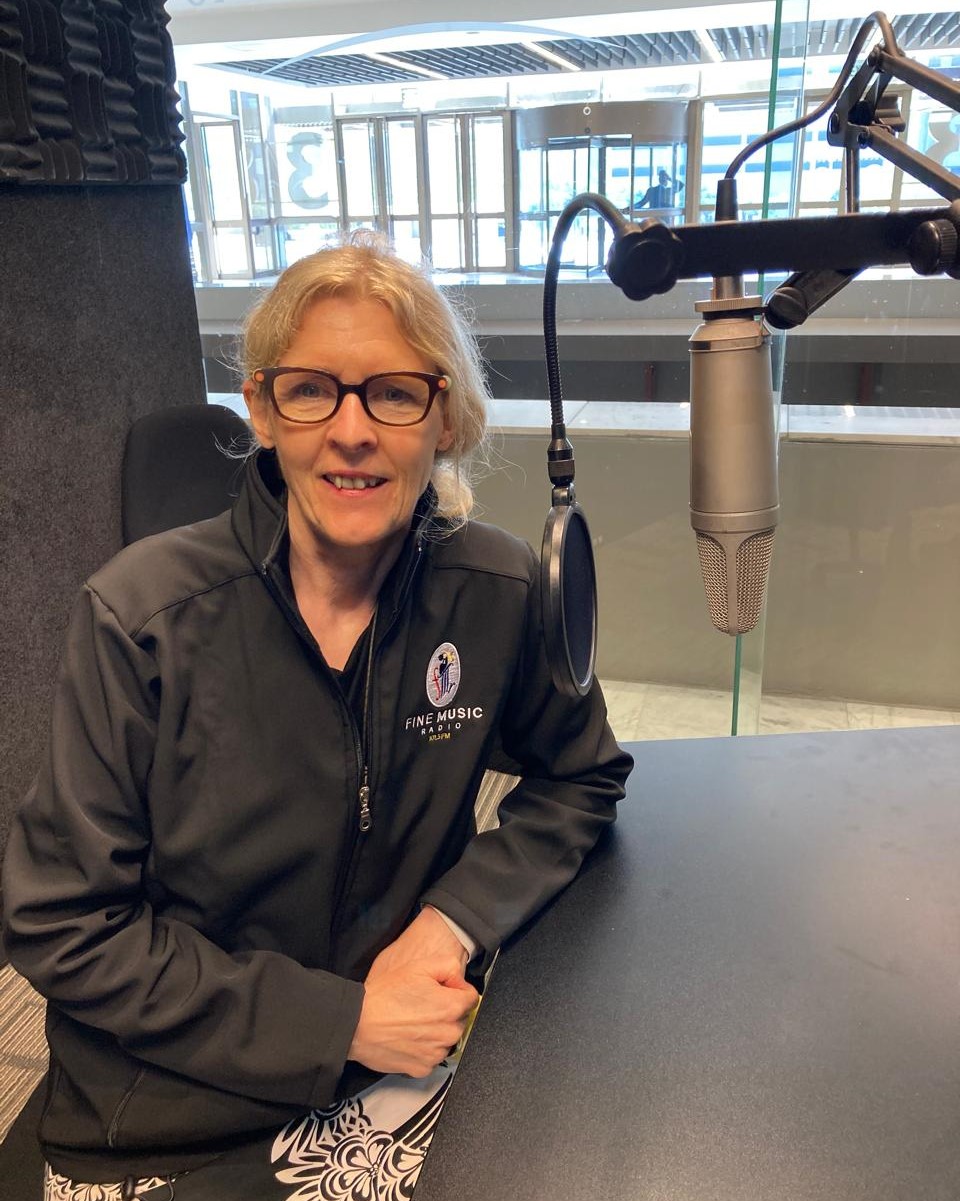
Kechil Kirkham, Project Manager of IDIA, has several strings to her bow. One of them is Looking Up, a radio programme and podcast with Cape Town radio station Fine Music Radio. On 1 October 2025 the 1,000th show will be broadcast. Looking Up is a weekly 5-minute programme covering space and astronomy, which now reaches a quarter of million people … Read More
NEW DATA RELEASE! Unveiling the Deep Radio Sky with the superMIGHTEE Project
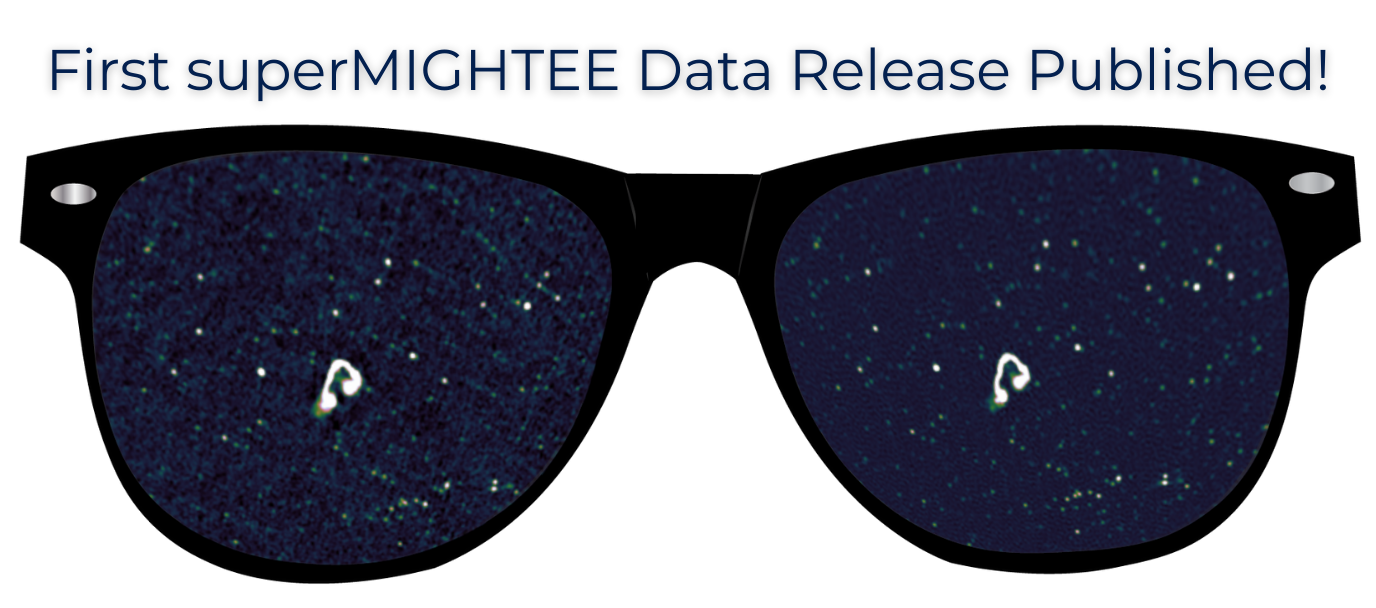
A major milestone has been reached with the first data release from the superMIGHTEE project, combining observations from the MIGHTEE Survey using South Africa’s MeerKAT telescope and India’s upgraded Giant Metrewave Radio Telescope (uGMRT). This telescope combination offers the most sensitive and scientifically powerful images of deep-sky radio emission before the Square Kilometre Array (SKA) becomes operational. The new dataset … Read More
Senior Systems Administrator Position
IDIA is seeking an experienced systems administrator to join a team that works on supporting OpenStack cloud systems for use by IDIA researchers. Experience working with big data projects in areas such as Astronomy, High Energy Physics, Omics or Earth Observation Science will be an asset. The systems administrator will work closely with the IDIA systems and support teams and will be … Read More
PRESS RELEASE! Early star-forming galaxies at cosmic noon were highly magnetized and too windy (engulfed by halos of high-energy cosmic rays)
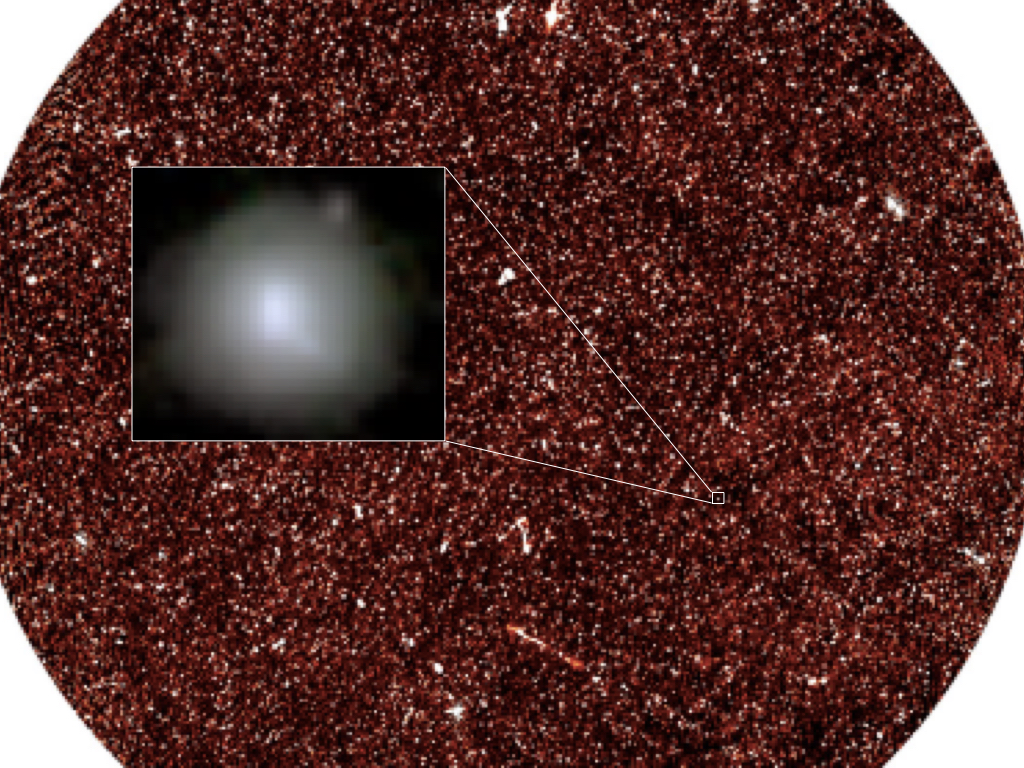
A team of astronomers, led by the Institute for Research in Fundamental Sciences-IPM (IPM) and including scientists from the Inter-university Institute for Data Intensive Astronomy (IDIA) and the University of Oxford, has studied a sample of distant galaxies by means of their radio emission, observed with the MeerKAT radio telescope — a precursor to what will become the world’s largest … Read More
SOFTWARE RELEASE! CARTA release v5.0
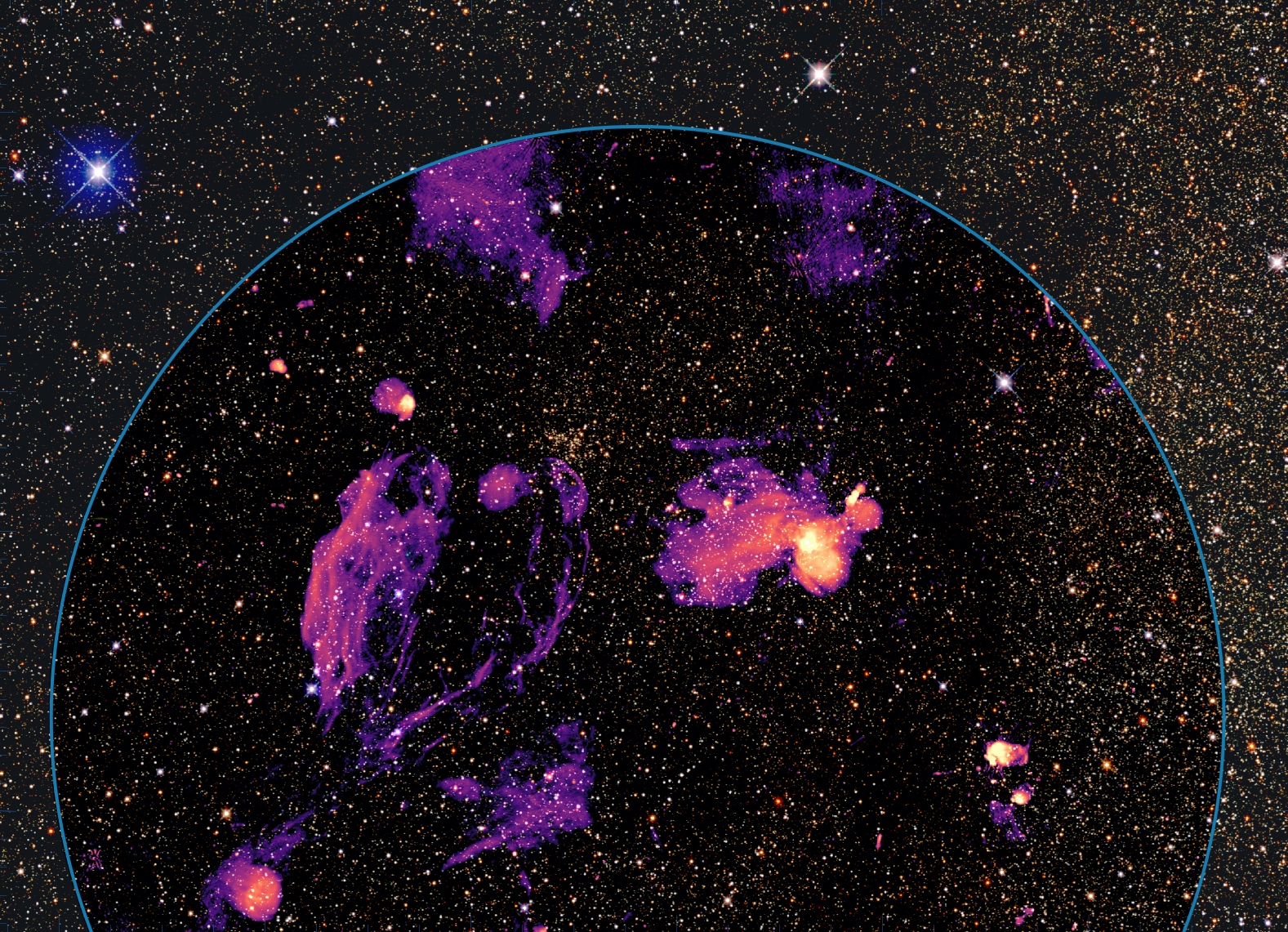
A new release of CARTA is out: this is the stable v5.0 release, following the related beta release in February 2025. Like the beta release, this contains the new major features: channel map view and an RGB colour blender. There have been many bug fixes and enhancements, as well as substantial code refactoring since the previous release. For more details please see … Read More
SOFTWARE RELEASE! CARTA v5-beta
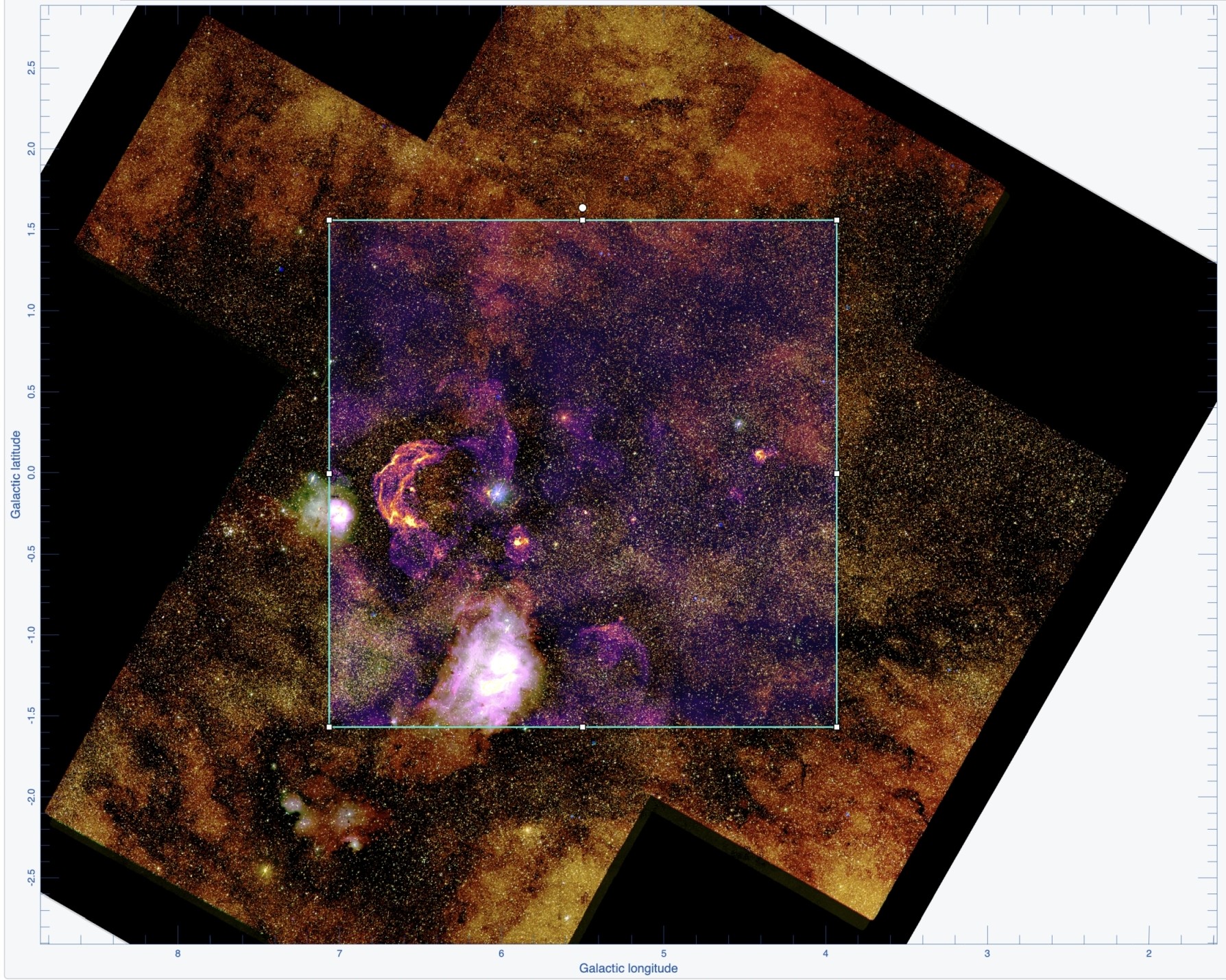
A new release of CARTA is out: v5-beta. This contains several new major features, along with bug fixes and enhancements. The new features include a channel map view and an RGB colour blender. CARTA is a major visualisation tool used by thousands of astronomers worldwide, architected for use with big data sets. In its current form, CARTA has been under development since the start of 2018 … Read More
PRESS RELEASE! IDIA helps UP-led astronomy research team to explore the formation of giant radio galaxies
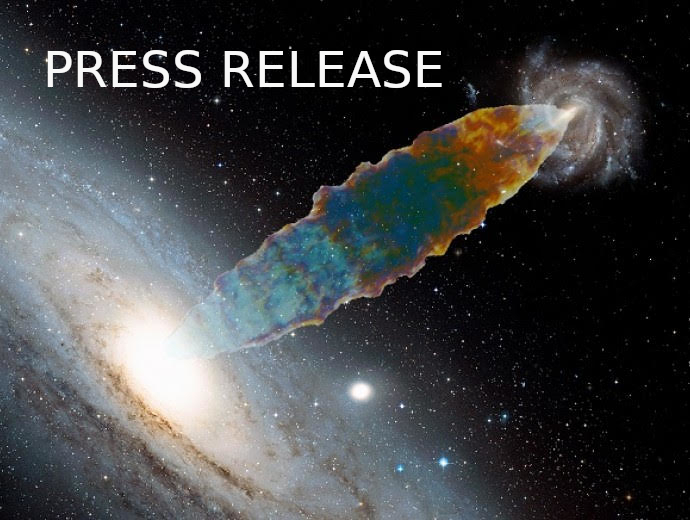
Using the supercomputing power provided by IDIA facilities and groundbreaking observations from new-generation radio telescopes such as MeerKAT, an international research team, led by postdoctoral fellow Dr. Gourab Giri and other researchers at the University of Pretoria (UP), has made a breakthrough in understanding the formation and evolution of giant radio galaxies. These cosmic behemoths, resembling massive fountains of superheated … Read More
PRESS RELEASE! The Age of Giants: IDIA helps MeerKAT to identify a troublesome cosmic beast
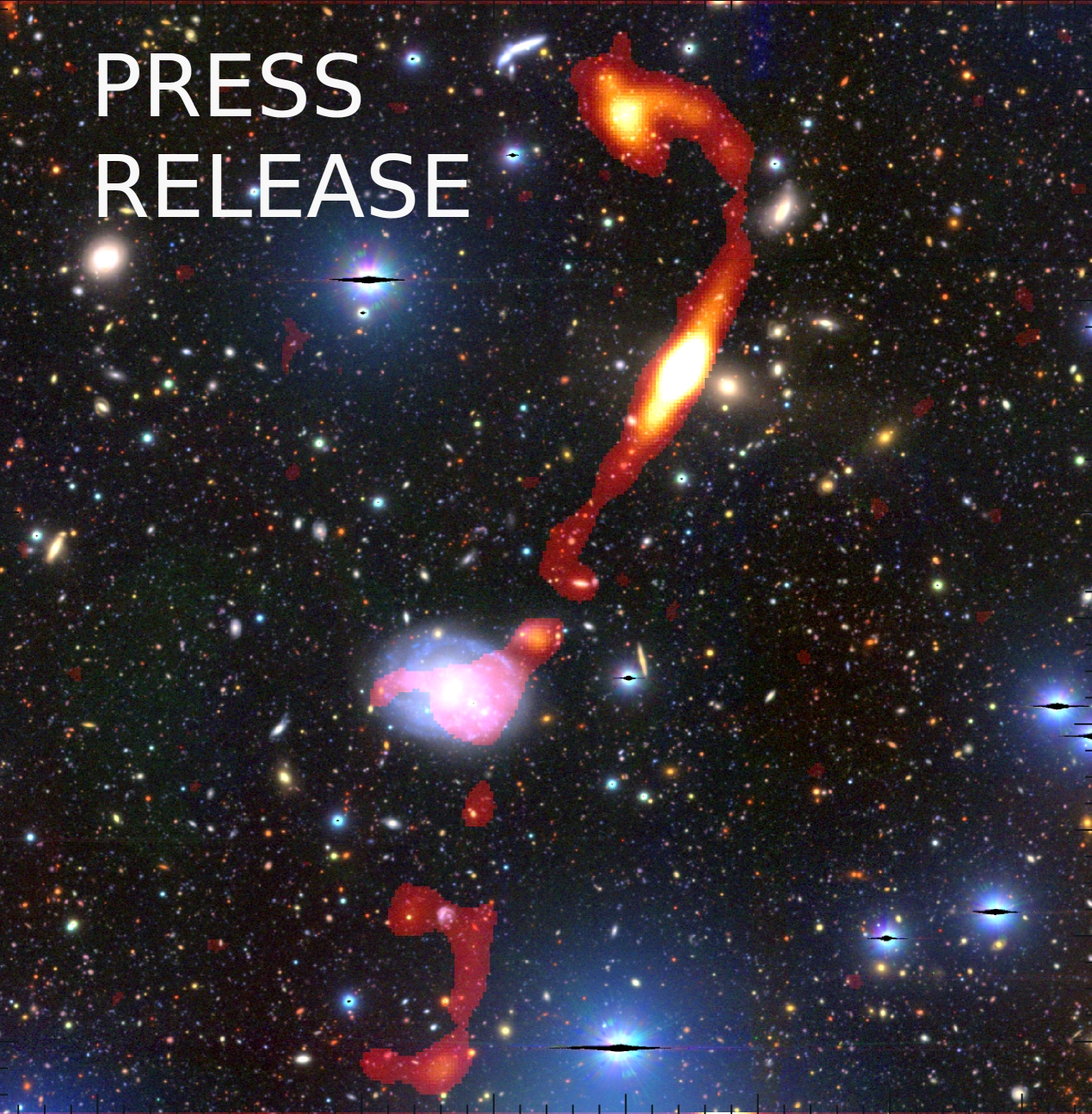
With the help of IDIA facilities, South Africa’s MeerKAT telescope has uncovered an extraordinary new giant radio galaxy nicknamed ‘Inkathazo‘, meaning ‘trouble’ in the African Xhosa and Zulu languages. This discovery sheds light on the evolution of the largest structures in the Universe and offers new, yet confusing, insights into their mysterious origins. The work has been published in the … Read More
